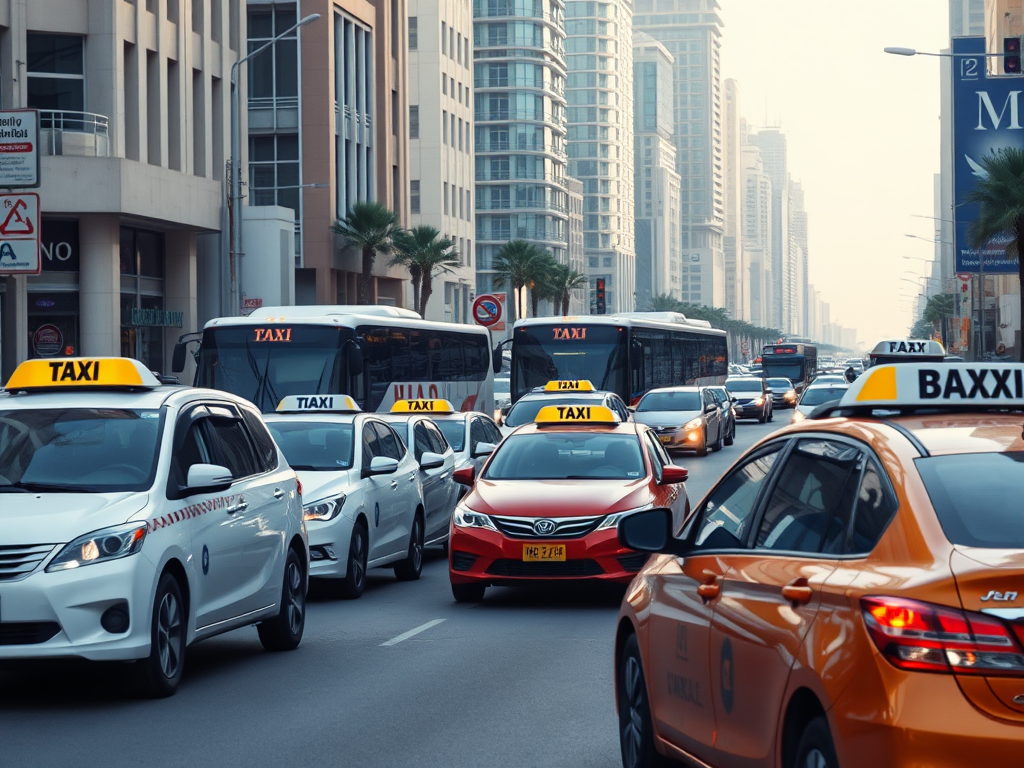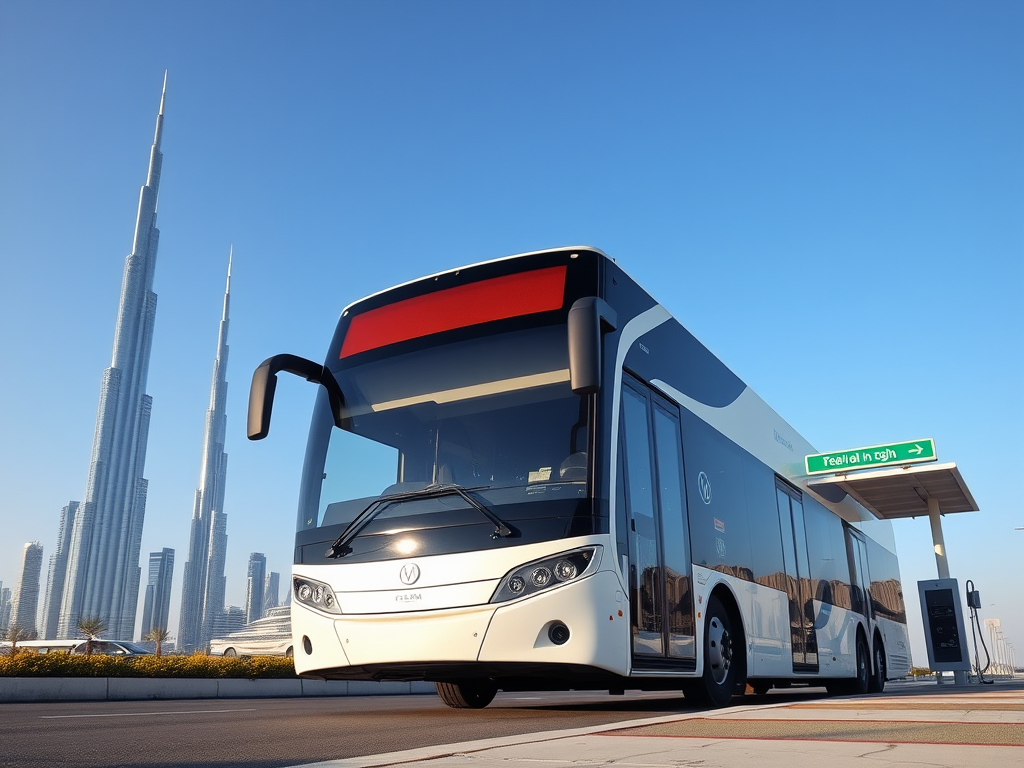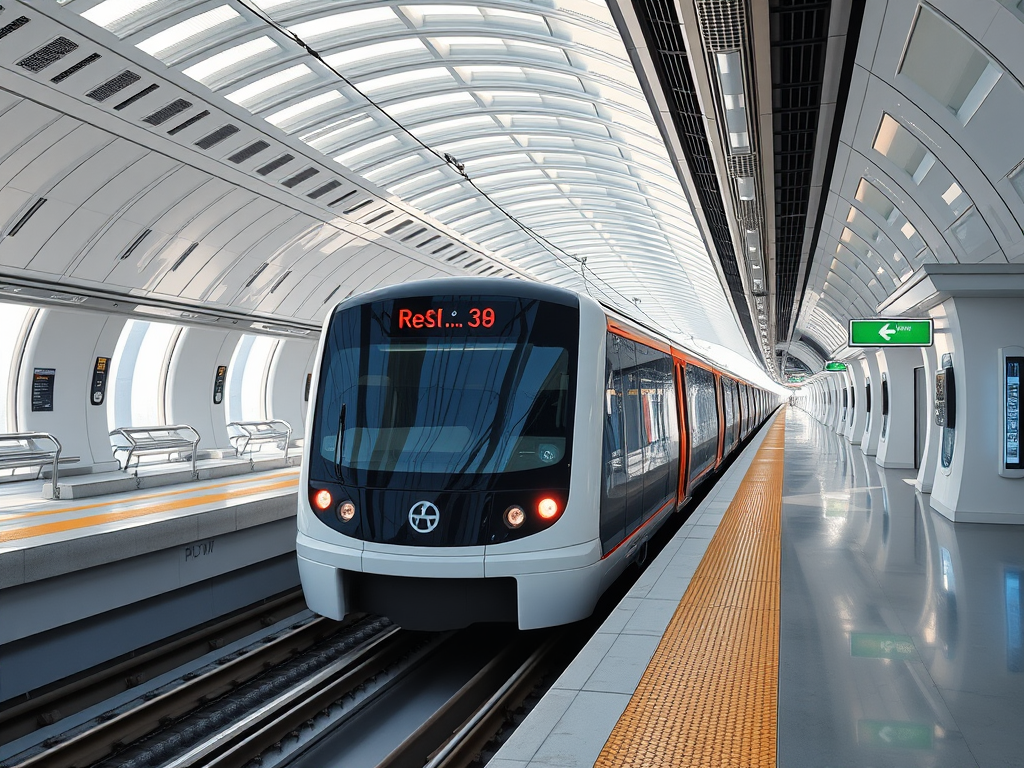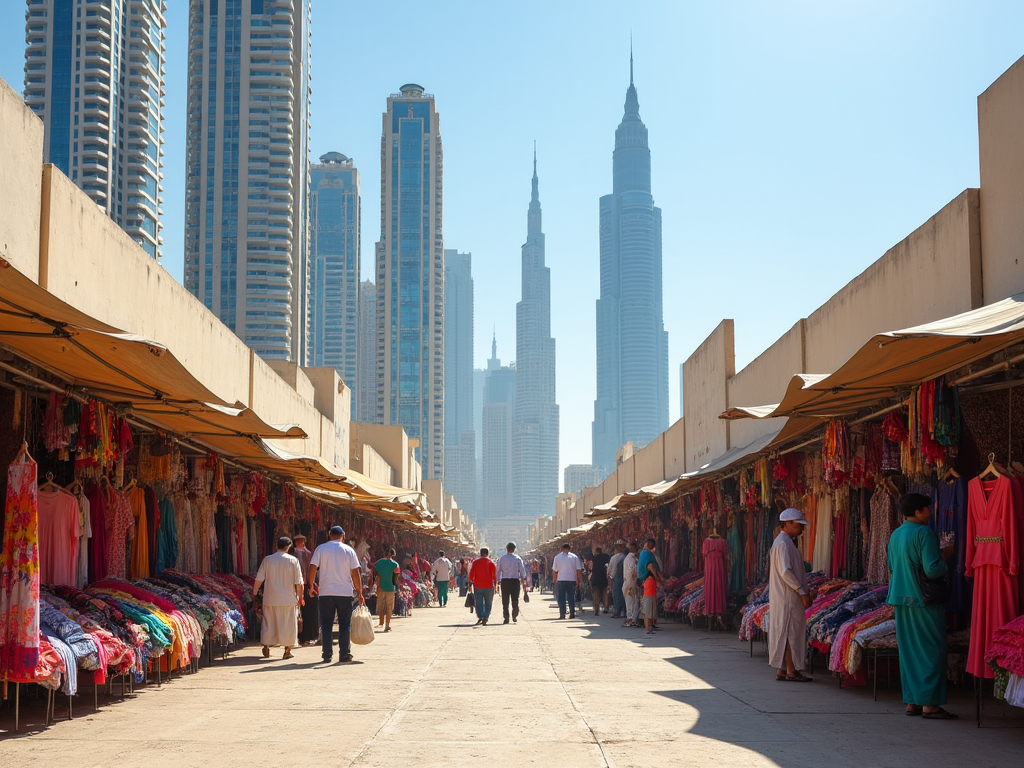Dubai is rapidly evolving as a global hub for smart transportation, with significant investments being made to enhance mobility through innovative technologies. The main focus of this article is to explore the investment trends in Dubai’s smart transportation projects, highlighting how these initiatives are shaping the future of urban mobility in the emirate. As the city strives to improve its infrastructure, the integration of cutting-edge technologies and sustainable solutions is becoming increasingly important. Investors, both local and international, are recognizing the immense potential for growth in this sector. Moreover, these investments not only aim to enhance transportation but also contribute to broader environmental and economic goals. With a perfect blend of ambition and advanced technology, Dubai is setting an example for smart cities worldwide.
Current State of Transportation in Dubai

Dubai’s transportation sector has witnessed substantial prior developments, characterized by a multi-modal system that includes buses, metro, taxis, and water transport. The Roads and Transport Authority (RTA) oversees operations and continuously seeks ways to innovate and upgrade services. Key elements defining the current state of transportation in Dubai include:
- Integration of Smart Technologies: Real-time tracking systems and mobile applications for commuters make navigating the city seamless.
- Expansion of the Metro System: Ongoing expansions aim to connect more areas within the emirate, offering an efficient alternative to road travel.
- Focus on Sustainability: The RTA is prioritizing environmentally friendly modes of transport, encouraging electric vehicles and green taxis.
- Investment in Infrastructure: New roads, bridges, and tunnels are being constructed to support increasing traffic demands.
- Public-Private Partnerships: Collaborative investments are being made, striking a balance between public needs and private innovation.
Key Players in Smart Transportation Investments

The UAE government and various private enterprises are making considerable contributions to the funding and development of smart transportation initiatives. Several key players are significantly influencing this sector:
- Government Entities: Agencies such as the RTA play a pivotal role in shaping policies and directing investments towards strategic projects.
- Tech Giants: Companies specializing in artificial intelligence and IoT, like IBM and Cisco, are pivotal in providing technology solutions.
- Real Estate Developers: Developers invest in smart community projects which require integrated transportation solutions.
- Global Investors: With Dubai’s growing reputation, international firms are increasingly attracted to investment opportunities in smart transport.
- Startups: Local startups focusing on innovation in mobility services are receiving venture capital to fuel their projects.
Recent Investment Projects and Trends
Dubai has rolled out multiple projects that highlight its commitment to smart transportation. These include autonomous vehicles, upgraded metro systems, and the electrification of public transport. Recent notable investment projects and trends include:
- Autonomous Vehicles: Investment is being poured into the research and development of self-driving taxis and shuttles as part of Vision 2030.
- Hyperloop Initiatives: Collaborations with international firms aim to introduce high-speed rail systems connecting Dubai with other emirates.
- Smart Traffic Management Systems: Investments in AI-driven control systems are designed to improve traffic flow and reduce congestion.
- Electric Vehicle Infrastructure: The RTA plans to install charging stations to promote the use of electric vehicles within the city.
- Mobility-as-a-Service (MaaS): Flexible transportation options integrating various modes of transport into a single accessible platform are on the rise.
The future of smart transportation in Dubai appears promising, with sustained support from both the government and private sectors. Emerging technologies such as Blockchain, AI, and IoT will continue to revolutionize the way people move within the city. Factors that will shape the future include:
- Regulatory Framework: Effective policies will be essential for the successful implementation of smart transport initiatives.
- Public Acceptance: Gaining public trust in new technologies, particularly autonomous systems, is critical for widespread adoption.
- Investment in Research: Ongoing research into innovative mobility solutions will foster continuous improvement.
- Interconnectivity: Sustainable partnerships among key stakeholders will lead to enhanced service connectivity.
- Global Benchmarking: Dubai aims to position itself as a model for smart cities by learning from global best practices.
Conclusion
Investment trends in Dubai’s smart transportation projects reflect a concerted effort to create an efficient, sustainable, and technologically advanced transport ecosystem. As the city embarks on ambitious initiatives encompassing autonomous vehicles, expanded metro systems, and smart traffic solutions, it sets a precedent that could inspire other cities around the world. The collaboration between government agencies, private companies, and the startup ecosystem is driving the transformation of urban mobility, paving the way for a more connected future. Given the city’s strategic investments, residents and businesses can look forward to smoother, smarter transportation options, enhancing the overall quality of life in Dubai.
Frequently Asked Questions
1. What is the purpose of Dubai’s smart transportation projects?
The primary goal is to enhance urban mobility, improve traffic management, and support sustainable practices through advanced technologies.
2. Who are the main investors in these smart transportation projects?
Investors include government agencies, tech companies, real estate developers, global investment firms, and local startups.
3. How is public transportation evolving in Dubai?
Public transportation is evolving through technological advancements like real-time tracking, expansion of the metro, and introduction of electric buses.
4. What future technologies are expected to impact transportation in Dubai?
Emerging technologies such as autonomous vehicles, AI-driven systems, and Mobility-as-a-Service (MaaS) solutions are expected to impact future transportation.
5. How is Dubai positioning itself as a model for smart cities?
Dubai is leveraging investment in technology, collaborative partnerships, and innovative infrastructure to serve as a benchmark for other global cities.



